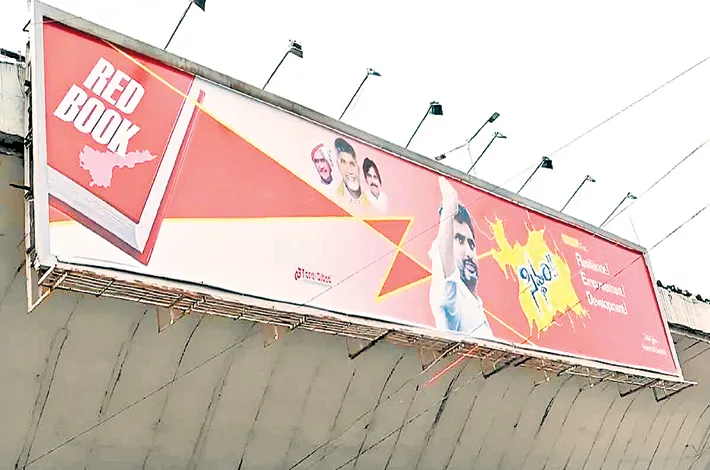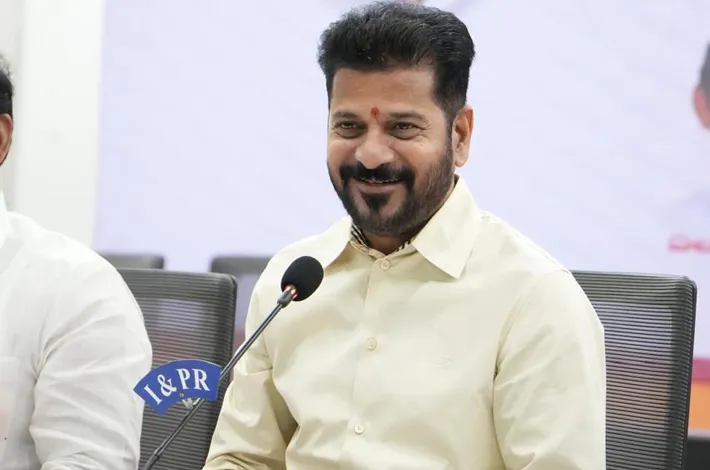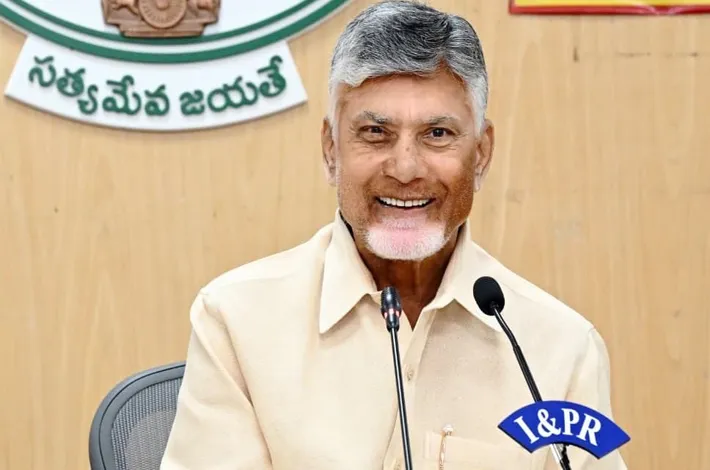Old Favourites still rule in New Regime
09-08-2025 12:00:00 AM

How advertisements Giants still Call the Shots in visakhapatnam
■ 75 cantilevers/ unipoles allotted (150 back-to-back displays) at prime road divider locations in Visakhapatnam
■ No registered lease agreements executed before installations.
■ Advt tax rates reduced from Rs 14,712 per sq. metre (Council rate) to Rs 2,939 per sq. metre (administrative order).
■ In comparison, Rs 1.16 lakh per sq. metre was paid by another firm (UNI Ads) for a single display in RTC complex.
■ Required 50% bank guarantee and 40% of total advertisement tax not deposited.
■ Annual revenue loss: Rs 58 crore; total loss for 2023–25: Rs 115 crore+
metro india news I visakhapatnam
Companies that prospered under the previous YSRCP administration continue to call the shots even after the TDP assumed power, manipulating officials and local politicians to retain lucrative privileges — and the public is paying for it. In Greater Visakhapatnam, a cluster of highly influential private advertising firms, Prakash Arts Pvt. Ltd., 99 Info Media, and Sainath Ads, allegedly secured permissions to erect large unipoles and LED displays by sidestepping normal procedures, undercutting civic revenues and leaving the Greater Visakhapatnam Municipal Corporation (GVMC) poorer by over Rs 115 crore.
What began in the election year of 2023–24, when the outgoing YSRCP administration still held sway, appears to have continued into 2024–25 when TDP government is in power. Irregular permissions, cancelled orders being quietly reinstated, and lease and auction norms ignored — all allegedly benefited private players while public coffers bled.
The alleged pattern is straightforward but serious: instead of open, competitive tenders or properly fixed leases, then-GVMC Commissioner Raja Babu (IAS) issued nomination orders in July 2023, awarding prime roadside and divider sites for unipoles and giant LED screens. These devices, which command far higher commercial value than ordinary hoardings, were priced and taxed at rates closer to low-value hoardings. Raja Babu’s orders, approved by then-Chief City Planner Suresh Kumar, allowed installation at very low rates for hoardings — far below market benchmarks. No lease fixation was done, violating mandatory municipal procedures.
After objections from the Visakha Outdoor Association, Raja Babu cancelled the orders in January 2023, recommending an online forward auction. However, despite the cancellation, the companies allegedly continued installations, reportedly backed by influential YSRCP leaders in the then Chief Minister’s Office (CMO).
When Sai Kanth Varma (IAS) took charge as GVMC Commissioner in April 2023, he too rejected the companies’ attempts to legitimise earlier permissions by paying token rates. His stance was supported by field reports from the Deputy Commissioner of Advertising and CCP Suresh Kumar. But on July 27, 2023, the GVMC Standing Council — allegedly influenced by IAS Dhanunjaya Reddy from CMO office, the then Mayor Golagani Hari Venkata Kumari and the Municipal Administration and Urban Development (MAUD) Minister’s office — passed a resolution reinstating the cancelled nomination orders at just Rs 14712 per sq. metre with a 10% annual increase, still without lease fixation.
Newly appointed CCP Sureetha subsequently misrepresented unipoles as ordinary hoardings, recommending a rate of Rs 7347 per unit. This note, presented as authorised by Commissioner Varma, contradicted his earlier cancellations causing substantial loss to GVMC.
The financial toll is steep. Due to undervaluation of unipole and LED display fees and the absence of lease agreements, GVMC lost approximately Rs 58 crore per year — adding up to Rs 115 crore over the two years spanning 2023–24 and 2024–25 — while private companies continued to earn premium rates from advertisers.
Procedural and governance violations alleged include issuing nomination orders without market studies, expert consultation, or competitive bidding, approving installations without registered lease agreements or mandated 50% bank guarantees, misclassifying high-value unipoles as lower-value hoardings, ignoring the Deputy Commissioner of Revenue’s authority and bypassing Standing Council’s limited jurisdiction, allowing political interference to override administrative cancellations.
Critics argue that while small vendors are penalised for minor encroachments, politically connected businesses escape scrutiny, eroding public trust.
To unearth this scam, demands have been made for thorough investigation into electronic records and official correspondence from 2023, mmediate cancellation of fraudulent permissions and initiation of online tenders, accountability for Raja Babu, Sai Kanth Varma, Suresh Kumar, Sureetha, and political figures allegedly involved, recovery of dues and safeguards to prevent similar scams in other municipalities.
If substantiated, this case reveals systemic weaknesses in municipal governance — where procedure and transparency were overridden to enable private capture of public assets. Restoring proper tendering, clear lease fixation, and transparent accounting is now critical to stem the revenue drain and rebuild credibility.








